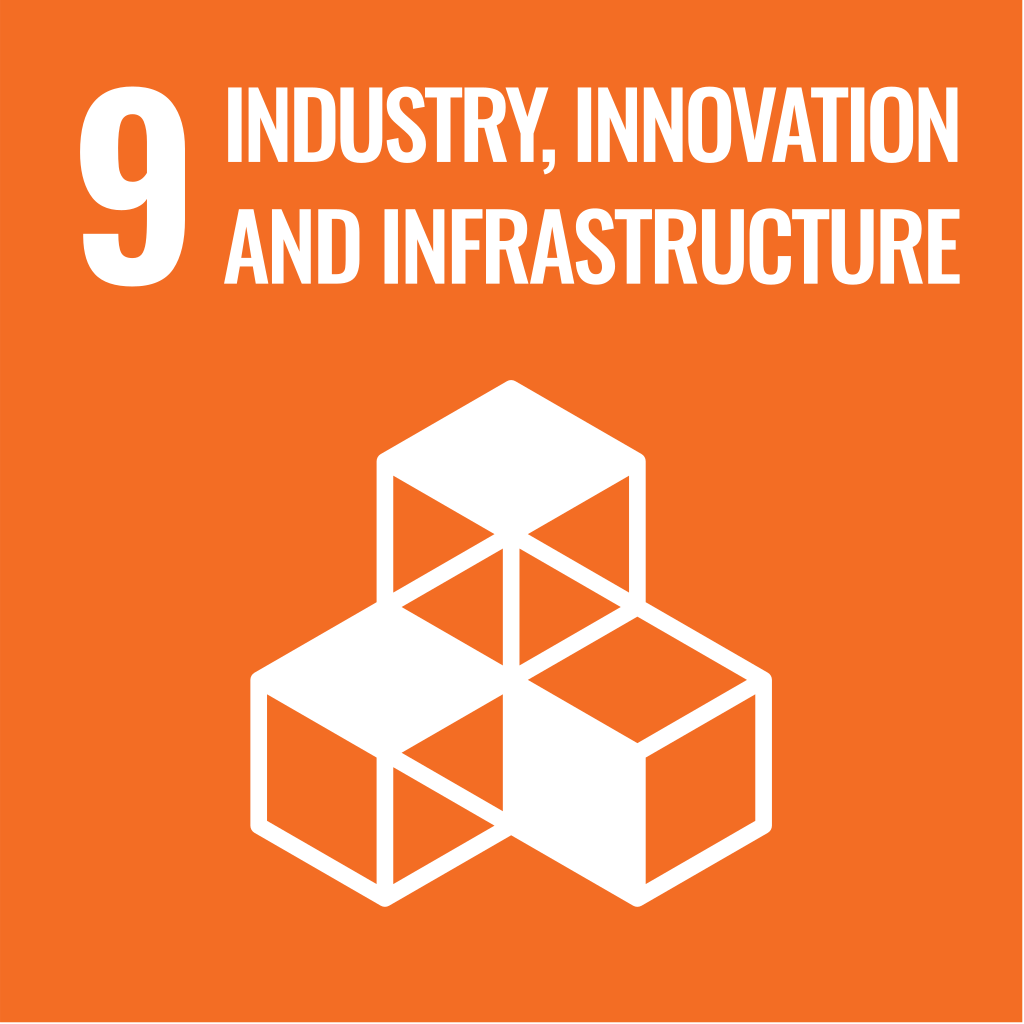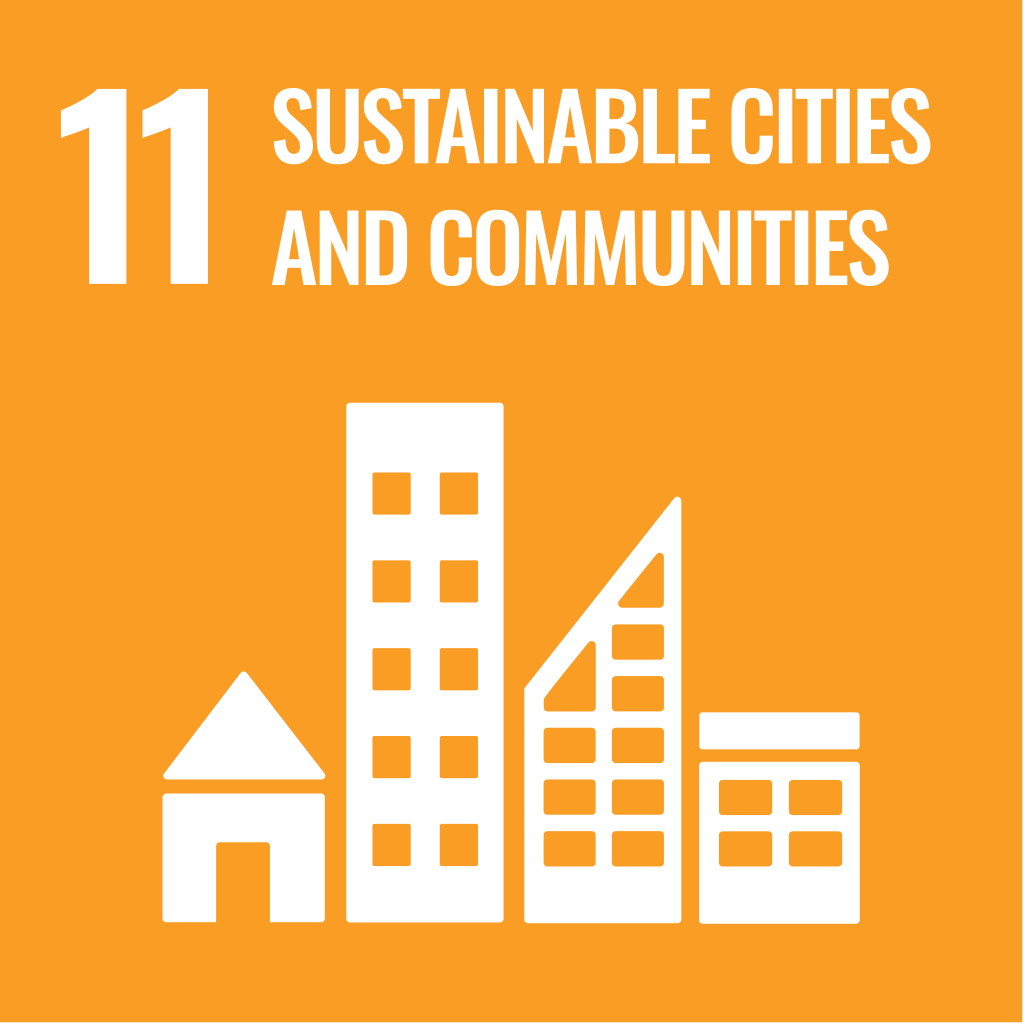| Course label : | Smart Systems |
|---|---|
| Teaching departement : | EEA / Electrotechnics - Electronics - Control Systems |
| Teaching manager : | Mister ABDELKADER EL KAMEL |
| Education language : | English |
| Potential ects : | 4 |
| Results grid : | |
| Code and label (hp) : | G1G2_ED_EEA_SSY - Smart systems |
Education team
Teachers : Mister ABDELKADER EL KAMEL / Mister KHALED MESGHOUNI
External contributors (business, research, secondary education): various temporary teachers
Summary
The “Smart Systems” module concerns autonomous and intelligent systems: mobile robots, caravans of autonomous vehicles, communicating systems via Internet of Things (IoT), multi-sensor cooperative systems. These new technology-based systems, are increasingly used in new multidisciplinary engineering & industrial applications are an integral part of industry 4.0, also called “Smart Factory”. In this context, the objective is to understand the challenges of “Smart Systems” and to integrate this knowledge into real-time situations for the regulation, control, monitoring and management of intelligent systems.
Educational goals
We will have to develop, on one hand, skills which meet the needs of software and hardware architectures of the transmission and processing chain intended for connected and intelligent objects, illustrated by practical case studies and applications in cooperative mobile robotics for the “Smart Factory” and autonomous vehicles for the “Smart City”. To do this, we will need: • Multi-sensor architecture: Understand the principles of measurement and detection; Become familiar with the different types of sensors used and their applications; Know their characteristics, advantages and limitations; Learn to select, install and maintain sensors for different applications; Understand the principles of data acquisition, processing and analysis for real-time sensor measurements; Learn to design and implement sensor systems for Smart Factory applications, including sensor networks and wireless sensor systems; Develop skills in problem solving, critical thinking and experimentation through role-playing; Understand the role of sensors in different industries/applications, such as manufacturing, energy and transportation. • Data acquisition: Basic concepts of a microcontroller and in particular Arduino technology. Differences between Arduino and Raspberry Pi. Getting started with the Arduino IDE and examples of programming and using RFID vs. NFC. • Connectivity: Concept of networks and protocols (TCP.IP, routing, IPV6 protocol, etc.). Notions of communication technologies for the Internet of Things (wireless networks, mobile radio communication) • Reactive and mobile programming: Know the different components of an Android application (activities, services, etc.) Graphical interfacing Connectivity. • Cybersecurity: Raising awareness of security issues. Design intrinsically secure systems (Secure by Design). On the other hand, the regulation, control and management aspect via IoT will be addressed via practical case studies. To do this, we will need: • Introduction to digital regulation • Development and synthesis of digital regulators • Validation, testing and simulation of digital regulators via Matlab/Simulink • Implementation of digital regulators on microcontrollers taking into account technological constraints (CPU, Response time, Memory, etc.) • Human-Machine Interfacing • From simulation to Virtual Reality of real applications • From Virtual Reality to Augmented Reality by making the connection between IoT hardware/Regulators and control and piloting systems • Applications in cooperative mobile robotics for “Smart Factory” and autonomous vehicles for the “Smart City”. Mini-projects and presentations will be proposed.
Sustainable development goals


Knowledge control procedures
Continuous Assessment
Comments: Continuous Control: • TEP: modeling, classic and advanced regulations, simulations and programming, performance analyses, etc. • TEA: complementary mini-studies and/or mini-projects, presentations and thematic research • Final defense emphasizing the different methodological and practical facets of the projects developed/approached.
Online resources
Simulation tools on Matlab/Simulink and models & hardware.
Pedagogy
Integrated course based on Problem-Based Learning (PBL) and “Learning by doing” via Case Studies, Presentations & Mini-projects. Collaborative work in pairs during simulation and small groups for presentations. Enhancement of autonomy and cooperative and collaborative work in teams.
Sequencing / learning methods
| Number of hours - Lectures : | 36 |
|---|---|
| Number of hours - Tutorial : | 12 |
| Number of hours - Practical work : | 0 |
| Number of hours - Seminar : | 0 |
| Number of hours - Half-group seminar : | 0 |
| Number of student hours in TEA (Autonomous learning) : | 24 |
| Number of student hours in TNE (Non-supervised activities) : | 0 |
| Number of hours in CB (Fixed exams) : | 0 |
| Number of student hours in PER (Personal work) : | 0 |
| Number of hours - Projects : | 0 |
Prerequisites
Basic knowledge of programming, control of continuous systems, signal processing.
Maximum number of registrants
40
Remarks
Elective taught in French and English for international students.